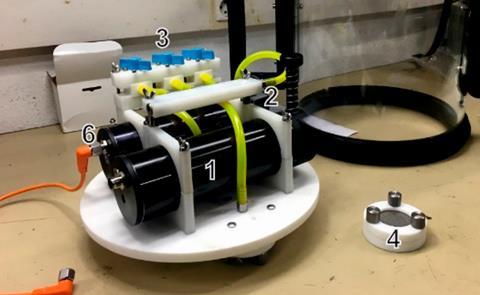
A hand-held submersible device that traps dissolved compounds produced by marine organisms could provide important insights into marine chemical ecology and boost drug discovery efforts by identifying previously unknown natural product molecules.
The In Situ Marine Molecule Logger (I-Smel), developed by researchers at Aix Marseille University, France, was deployed by a scuba diver at a depth of 15–20 metres in the Mediterranean Sea – an ecosystem dominated by sponges, which are prolific producers of specialised metabolites termed exometabolites (EMs).
The researchers focused on three common species of large sponge (Aplysina cavernicola, Spongia officinalis, and Agelas oroides), and carried out three types of underwater experiment to capture and concentrate the EMs. The extracts were then analysed and their components identified back at the laboratory.

The diversity and proportion of recovered EMs, including brominated alkaloids and furanoterpenoids, were found to greatly differ between species and even between biological replicates of the same species. The researchers said the findings confirmed that I-Smel could be used as a non-invasive technique to provide ‘crucial insights’ into the ‘structuration of chemical mediation that underpins ecological interactions’.
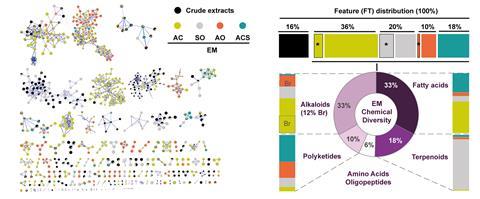
The team notes that the I-Smel device ‘opens new research perspectives in marine chemical ecology and sets the stage for further sustainable efforts in natural product chemistry’.
References
M Mauduit et al, ACS Cent. Sci., 2023, DOI: 10.1021/acscentsci.3c00661






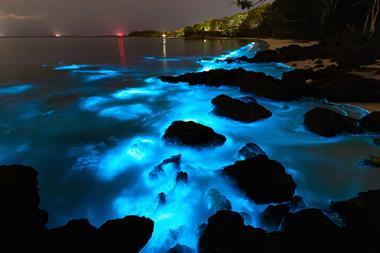







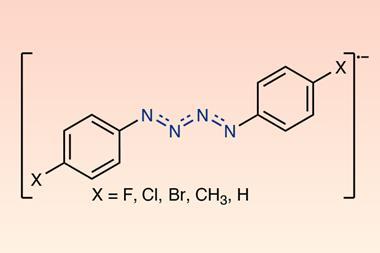
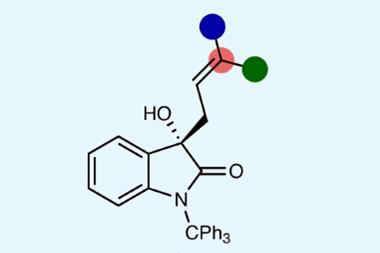

No comments yet